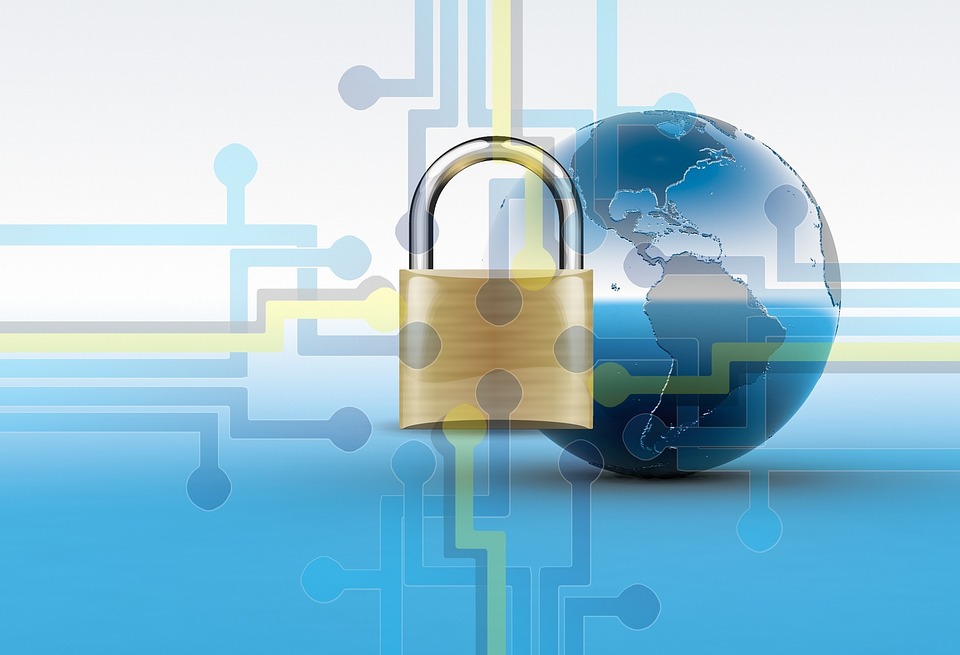
In the age of smartphones, social media, and instant communication, the world has become increasingly digital. While these advancements have transformed the way we live and work, they have also raised questions about the role of community in our lives. In the past, communities were built on face-to-face interactions and shared experiences, but today, communities exist in virtual spaces, connecting people from across the globe. Despite these changes, the importance of community remains as significant as ever.
The Shift to Digital Communities
In the past, a community was often defined by geographical location. Neighbors, local organizations, and family gatherings were the cornerstones of social interaction. However, with the rise of the internet, community has evolved. Online platforms such as Facebook, Twitter, Reddit, and niche forums have given rise to virtual communities, allowing individuals with similar interests, struggles, or goals to connect, regardless of location.
These digital spaces have proven to be incredibly powerful. For instance, support groups for mental health, parenting, or chronic illness have flourished online, offering emotional support and advice to individuals who might otherwise feel isolated. Similarly, social movements like #MeToo and Black Lives Matter have gained momentum online, showing how digital communities can influence societal change.
While digital communities provide a sense of belonging and shared identity, they also bring unique challenges. The anonymity of the internet can foster toxic behavior, and the digital divide means that not everyone has equal access to these platforms. Despite these drawbacks, the potential for connection and empowerment through digital communities is undeniable.

The Psychological Impact of Community
Humans are inherently social beings, and the need for community is deeply rooted in our psychology. Studies have shown that strong social connections can enhance mental health, reduce stress, and improve overall well-being. Having a supportive community, whether online or offline, helps individuals navigate life’s challenges and feel less isolated.
In a world where loneliness is on the rise, digital communities provide an important outlet for connection. The pandemic has shown us just how critical virtual communities can be when physical gatherings are not possible. Online communities have become lifelines for many, providing a space for people to share their experiences, offer support, and build meaningful relationships.
However, it’s important to note that digital communities are not a replacement for in-person interactions. While virtual spaces offer convenience and accessibility, they cannot fully replicate the depth and intimacy of face-to-face connection. Thus, balancing both online and offline communities is key to maintaining mental and emotional well-being.
Building Meaningful Digital Communities
As we continue to rely more on digital platforms, it’s essential to ensure that online communities are positive, supportive, and inclusive. Social media platforms and online forums should prioritize respect, empathy, and meaningful dialogue, fostering environments where individuals feel safe to share their thoughts and experiences.
Moreover, the value of community extends beyond merely joining a group. Actively participating in these communities – by offering support, sharing knowledge, or contributing ideas – strengthens the bonds between individuals and creates a culture of mutual respect. By being mindful of our behavior online, we can create digital spaces that enhance well-being and promote positive social impact.
For example, online communities focused on sustainability, health, or education can inspire individuals to take action in their own lives. These communities not only provide knowledge and resources but also foster a sense of purpose and belonging that can drive real-world change.

The Role of Communities in Digital Activism
In an increasingly digital world, online communities have become central to activism. Social movements often begin in the virtual sphere, where individuals can organize, spread awareness, and collaborate with others. Whether it’s advocating for climate change, racial equality, or mental health awareness, digital communities amplify voices and mobilize people to take action.
The #BlackLivesMatter movement is a prime example of how digital communities can shape public discourse and drive change. Social media platforms allowed activists to unite and demand justice, raising awareness about issues that may have otherwise been ignored by mainstream media. In this sense, digital communities are not just about connection; they’re about creating social impact.
The Future of Community in a Digital World
Looking ahead, the role of community will continue to evolve as technology advances. The rise of virtual reality (VR) and augmented reality (AR) could create even more immersive online communities, allowing individuals to engage with each other in real-time, lifelike environments. These advancements will likely blur the lines between physical and digital spaces, offering new ways for people to connect and build relationships.

Additionally, as artificial intelligence (AI) and machine learning improve, personalized digital communities may become more common. AI could help curate spaces tailored to an individual’s interests, needs, and values, making it easier to find a community that aligns with personal goals. However, these advancements will also raise questions about privacy, data security, and the role of human interaction in the digital age.
Conclusion: A Balanced Approach to Community
In an increasingly digital world, the need for community is more important than ever. Whether online or offline, communities provide support, connection, and a sense of belonging. Digital platforms offer new opportunities to form communities across geographic boundaries, but they also require careful attention to ensure that these spaces remain positive, inclusive, and supportive.
As we continue to navigate the digital age, it’s crucial that we prioritize meaningful connections, both online and in person. By fostering a balance between digital and physical communities, we can ensure that the importance of community continues to enrich our lives, supporting our mental, emotional, and social well-being in an ever-changing world.



